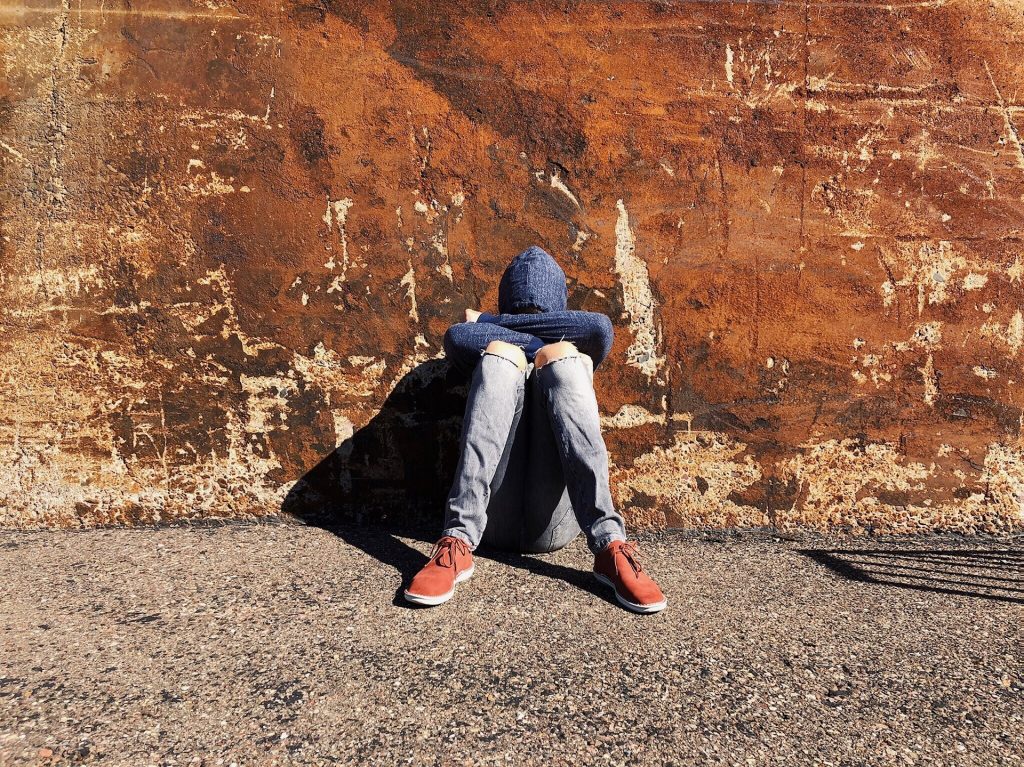The UK benefits system’s Disability Living Allowance (DLA) has been designed to support people living with disabilities – but handouts may be unfairly benefiting claimants with physical injuries over those with mental illnesses.
According to new figures released from government data, claimants receiving benefits with a psychiatric condition are 2.4 times more likely to lose their disability living allowance than people with physical conditions.
The alarming figures have been unearthed by studying claimants that switched from receiving DLA payments to receiving personal independence payments, known as ‘PIP’ payments.
The findings were extracted from a data set of 237,000 people who switched from DLA to PIP payments between April 2013 and October 2016, and paint an alarming picture of benefits in Britain.
This data is hugely concerning
Mental health charity Mind has waded into the debate.
“This data is hugely concerning,” Ayaz Manji, spokesperson for mental health charity, Mind told The Guardian. “It echoes what we hear every day from the people we support, many of whom are being told they are no longer eligible for certain benefits.”
Patients who had their benefits slashed could have lost as much as £141.10 a week, the study undertaken by five academics at York University found.
Drug and alcohol addicts twice as likely to have benefits removed

Those with drug and alcohol dependency issues are badly affected Image: Pxhere.com
The troubling survey also revealed that claimants suffering with drug and alcohol dependency issues are twice as likely to have their benefits removed as those with physical ailments, such as aches and pains, diabetes or other such physical woes.
And those diagnosed with Attention deficit hyperactivity disorder (ADHD) were found to be 3.4 times more likely to have had their benefits slashed by the system.
A spokesperson has hit back at claims PIP assessment is unfairly singling out mentally unwell claimants, insisting in a comment to The Guardian that the service ensures “invisible and non-physical conditions were given the same parity as physical conditions”.
The statement continued: “And that is why under PIP five times more people with mental health conditions receive the highest possible support than under DLA.”
What is PIP?

Those with mental illnesses may be slipping through the net Image: Pixabay
Personal independence payments help cover costs associated with a long-term health condition, be it physical or mental, in order to support a better quality of life.
The government attempted to amend the claimant criteria in 2017, which would have made it more challenging for mentally ill people to claim than physically ill people. However, this was thrown out by a judge who cited the Human Rights Act 1998 when he insisted changes in regulations would discriminate against those with mental disabilities.
One suspicion about the seemingly failing system is that assessors may not be properly trained in how to spot and assess those with mental health problems, which in many cases are more discreet than physical ailments. Therefore claimants may have missed payments because their illness wasn’t recognised in the first place.
Passing laws which discriminate against mentally unwell people also breaches Article 14 of the Human Rights Convention, prohibiting discrimination, and Article 19 of the UN Convention on the Rights of Persons with Disabilities, which recognises the rights of disabled people within communities.
These recent findings are published despite the Government promising to review the PIP claims system, and abstaining from appealing the court ruling at the time.
65 per cent of PIP applications rejected

An alarming amount of claimants have been denied benefits on first attempt, but offered them upon re-application Image: Pixabay
The treatment of disabled people within the benefits system is a contentious issue more widely. An independent review of PIP applications in 2017 found that 65 per cent of applications that were initially rejected had their applications accepted when appealed against, suggesting weaknesses in the application process.
The Government is a signatory to the United Nations Convention on Disabled People’s Rights, which aims to uphold the rights of people with a disability.
However, in August 2017 a UN inquiry found that the UK was failing to uphold disabled people’s rights across a wide range of areas, including education, work, housing, health and social security and stated that changes to PIP “disproportionately affected persons with disabilities and hindered various aspects of their right to live independently and be included in the community”.







